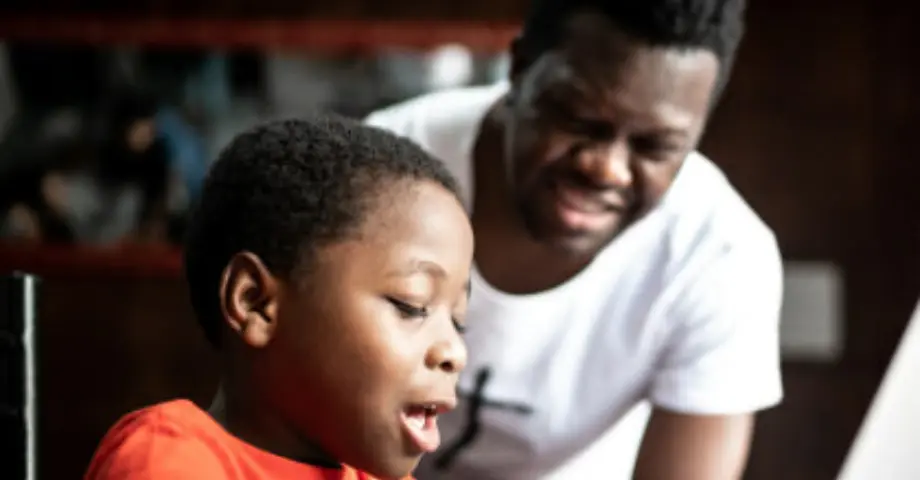
Relationships Matter. Get Started.
Young people develop resilience when they have at least one well-rounded, strong, and sustained relationship in their lives. And they thrive when they experience a broader web of relationships in their homes, schools, programs, and communities.
Research shows that young people thrive when they are experiencing strong developmental relationships with the adults in their lives. These relationships are important for all young people, regardless of race, gender, ability, or economic background. When young people experience supportive developmental relationships in their families, schools, programs, and communities, they are more likely to develop resilience when they face challenges and to grow and thrive. But developmentally influential relationships do not happen by accident. Rather, we need to build those relationships with young people on purpose and with explicit attention.
What are developmental relationships, and what young people have to say about it?
We define developmental relationships as close connections through which young people discover who they are, gain abilities to shape their own lives, and learn how to interact with and contribute to the world around them.
When we listen to what young people say about relationships, we discover a gap between their perception of relationships and that of the adults that surround them. We want to help close that gap by providing you with tools that highlight the importance of developmental relationships and the power you have to strengthen those relationships for all young people to learn and grow.
How to Get Started
We start with this question: What happens in relationships that make them so important to our growth and learning? Our research has identified five key elements —expressed in 20 specific actions—that make relationships powerful in young people’s lives. We call it the developmental relationships framework. By getting familiar and understanding the elements and actions that make developmental relationships you are taking the first step to becoming more intentional about it.
Now that you know what make developmental relationships, the next step is to assess where relationships with young people are strong and where they can grow. It’s time for a Relationships Check, this self-reflection tool will help you gain insights on your relationships with important young people in your life.
Because relationships happen within and beyond structured activities that occur in programs, classrooms, and other settings, the relational culture of an organization plays an essential role in ensuring that all young people, regardless of background or circumstances, have the nurturing, support, and guidance they need to learn, grow, and thrive.
The Relational Culture Checkup will help you identify what your organization is doing well and uncover areas for improvement. It will also help you reflect on the core mindsets, skills, practices, and supporting structures needed to cultivate and sustain a relationship-rich culture.
Building strong developmental relationships is a journey, check out more resources to help you along the way.
Related Resources

Relational Practice
Approaches to Expanding Possibilities
Ten approaches that can be integrated into program activities that build the Expand Possibilities element of the developmental relationships framework.

Video
State of Developmental Relationships Webinar 2025
Insights gathered from thousands of young people about the relationships and experiences that shape their world.

Activity
Relationships That Matter: 5 Keys to Helping Your Child Succeed
A workshop facilitator guide from Search Institute designed for schools and programs to engage with families.
Developmental Relationships
Search Institute’s research on developmental relationships examines the state of young people’s relationships and how those relationships affect who they are, the choices they make, and who they are becoming.
